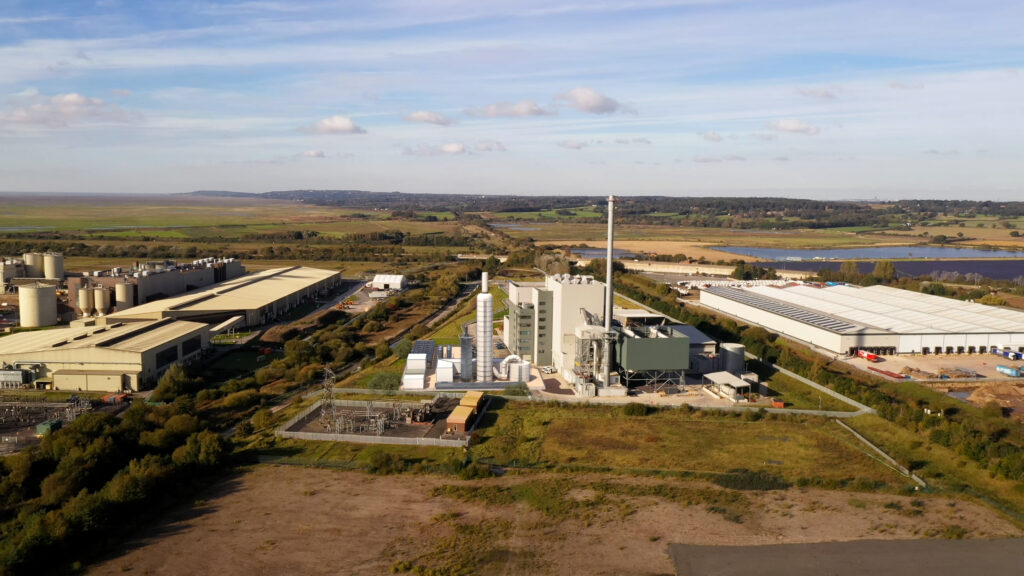That is the message from the Environmental Services Association, which represents waste management companies andthis weekrevealed its success in lobbying for changes to the scheme.
Under the CRC scheme, large organisations which use a lot of energy and whose emissions are not captured by other mechanisms, such as Climate Change Agreements, must purchase allowances to cover the emissions they create from April 2012.
Organisations which generate renewable energy are allowed to use energy generating credits (EGCs) to offset their fossil-based energy generation under the scheme unless that renewable energy generation receives an alternative subsidy, such as through the Renewables Obligation. This is to prevent a double subsidy from being awarded.
However, the legislation was ambiguous in its treatment of renewable projects which operate under a Non Fossil Fuel Obligation the precursor to the Renewables Obligation. It appeared that these projects were not receiving a financial subsidy in the form of ROCs nor were able to benefit from their generation under the CRC.
NFFO contracts were awarded on the basis of a long-term fixed price for renewable energy generation which the ESA said no longer provided a meaningful subsidy in the current market, particularly when compared to Renewable Obligation Certificates (ROCs).
Earlier this year, the ESA raised its concerns over how this would be tantamount to penalising energy-from-waste plants which kept waste out of landfill (see letsrecycle.com story).
But now the Department of Energy and Climate Change and the Environment Agency, which will administer the CRC scheme, have agreed that NFFO projects should be eligible for EGCs and have stated that affected organisations can resubmit their CRC footprint reports to reflect this change. The deadline for resubmissions is Tuesday, September 27.
The move follows extensive lobbying by the ESA and some of its members.
ESA director of policy, Matthew Farrow, said: We welcome this decision by DECC and the Environment Agency. With both the Waste Review and the Renewables Roadmap recognising the role of EfW in meeting the Government’s waste and energy objectives, it made no sense for the CRC scheme to discriminate against some EfW operators.
MRFs
The ESA continues to lobby for changes to how materials recycling facilities (MRFs) are treated under the scheme.
Related Links
The organisation wants MRFs to be able to use the carbon savings they achieve through recycling to offset the energy use they will be taxed on under the CRC.
The Association claims that, while MRFs are inherently energy intensive to run, by recovering materials from waste their processes save far more energy that would be otherwise be used to make new products from virgin materials (see letsrecycle.com story).










Subscribe for free